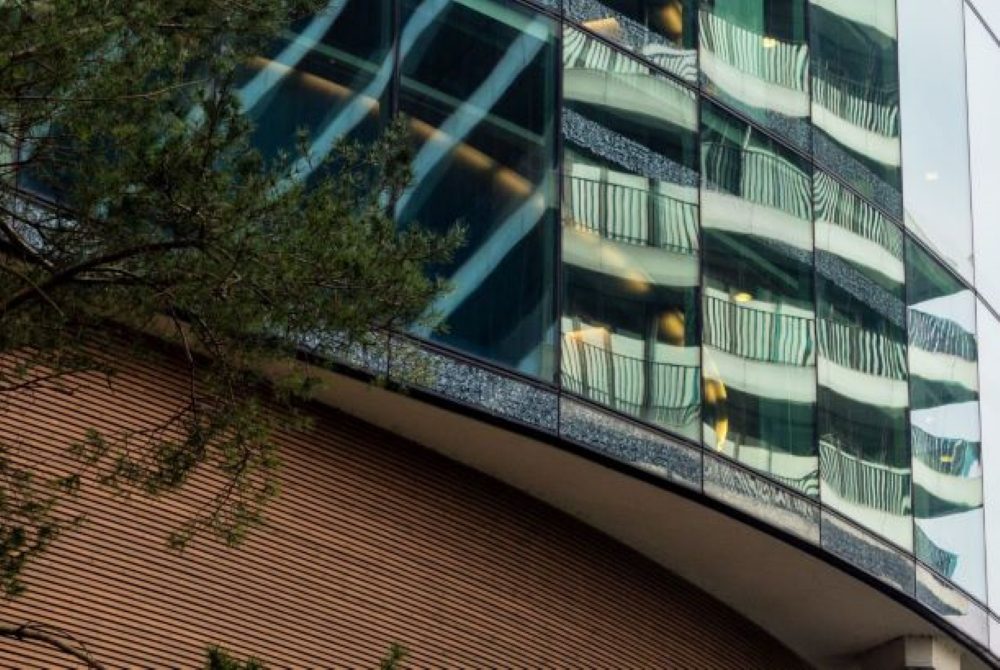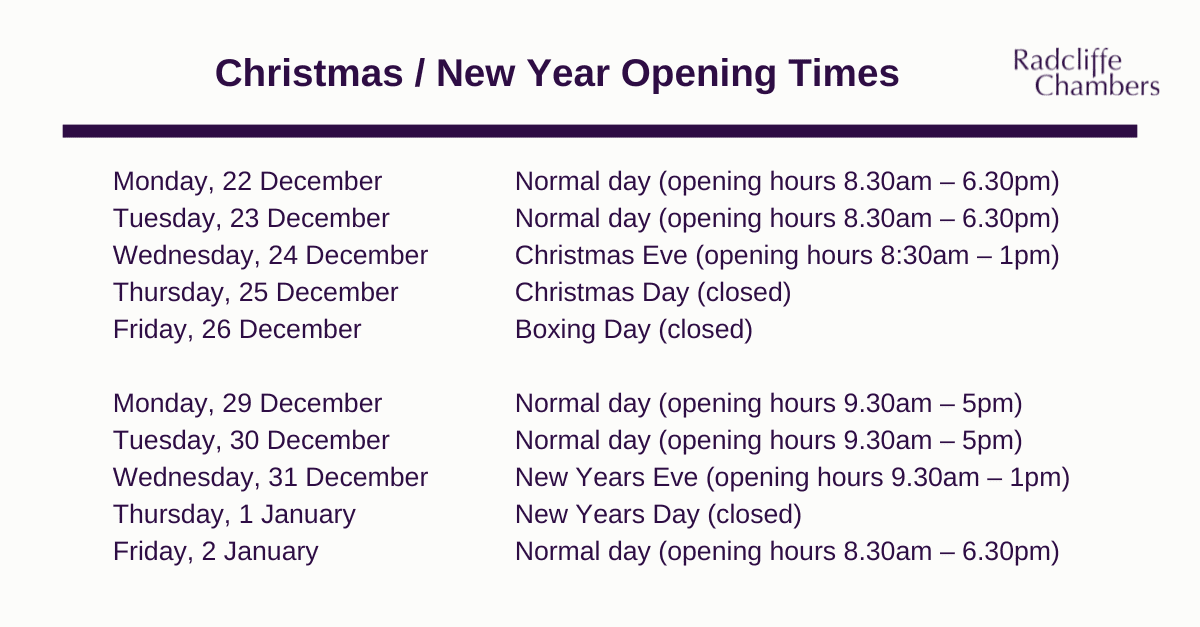The Supreme Court confirm that ‘newcomer injunctions’ are a new and permissible form of injunction.
Caroline Bolton and Natalie Pratt have responded successfully for the Third to Tenth Respondent local authorities in Supreme Court in the appeal of Wolverhampton City Council & Ors v London Gypsies and Travellers & Ors.
The issue before the Court was whether the court can grant final injunctions that prevent persons, who are unknown and unidentified at the date of the order (ie. a ‘newcomer’), from occupying and trespassing on land.
The Supreme Court has in its decision handed down today, 29 November 2023, held that injunctions can be granted against newcomers in Gypsy and Traveller cases, and that newcomer injunctions are a new type of contra mundum injunction. The Supreme Court has confirmed that whilst the jurisdiction to grant these injunctions is confirmed and restated in statute, the principles upon which they are granted or withheld remain equitable, and judges deciding applications for newcomer injunctions should consider those principles when deciding what is just and convenient in any particular case.
The Supreme Court has given guidance on the application of the equitable principles when deciding whether a newcomer injunction could be granted in cases concerning Gypsies and Travellers, and in the context of trespass and breach of planning control. The application of the equitable principles likely to require an applicant:
- to demonstrate a compelling need for the protection of civil rights or the enforcement of public law not adequately met by any other remedies (including statutory remedies) available to the applicant;
- to build into the application and into the order sought procedural protection for the rights (including Convention rights) of the newcomers affected by the order, sufficient to overcome the potential for injustice arising from the fact that, as against newcomers, the application will necessarily be made without notice to them. Those protections are likely to include advertisement of an intended application so as to alert potentially affected travellers and bodies which may be able to represent their interests at the hearing of the application, full provision for liberty to persons affected to apply to vary or discharge the order without having to show a change of circumstances, together with temporal and geographical limits on the scope of the order so as to ensure that it is proportional to the rights and interests sought to be protected;
- to comply in full with the disclosure duty which attaches to the making of a without notice application, including bringing to the attention of the court any matter which (after due research) the applicant considers that a newcomer might wish to raise by way of opposition to the making of the order;
- to show that it is just and convenient in all the circumstances that the order sought should be made.
The Supreme Court also agreed with the Court of Appeal’s finding in these proceedings that there is no real distinction between interim and final injunctions. Where an injunction concerns newcomers, the court will retain jurisdiction and the decision in respect of the newcomer will remain without notice and subject to further scrutiny of the court. The Supreme Court also confirmed that these types of newcomer injunctions are properly brought by way of the Part 8 procedure, and that there is no question of service having been ‘effected’ on the newcomer ahead of the order being made, but that reasonable steps should be taken to post notice of the proceedings in appropriate locations or to relevant websites.
Further, the Supreme Court have stated that in most newcomer cases, and specifically those relating to Gypsy and Travellers, the order should be limited to a duration of no more than one year unless, the applicant applies successfully to extend the duration of the injunction.
Caroline and Natalie are regularly instructed in Traveller and protestor injunction cases, and Caroline was the first counsel to apply for and obtain one of these new types of Traveller injunctions in Harlow District Council v Stokes & Others [2015] EWHC 953 (QB).
If you would like more detail on instructing Caroline and Natalie, please contact the Clerks at clerks@radcliffechambers.com.
Caroline and Natalie were instructed in the appeal by Adam Rulewski of the London Borough of Barking and Dagenham Legal Services and the late William Rose of Sharpe Pritchard LLP. It is with great sadness that William is not able share in the outcome of this appeal.
Read the judgment here.


